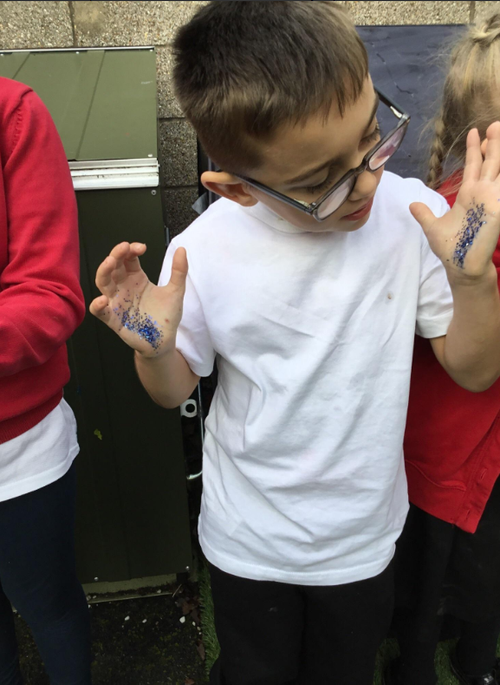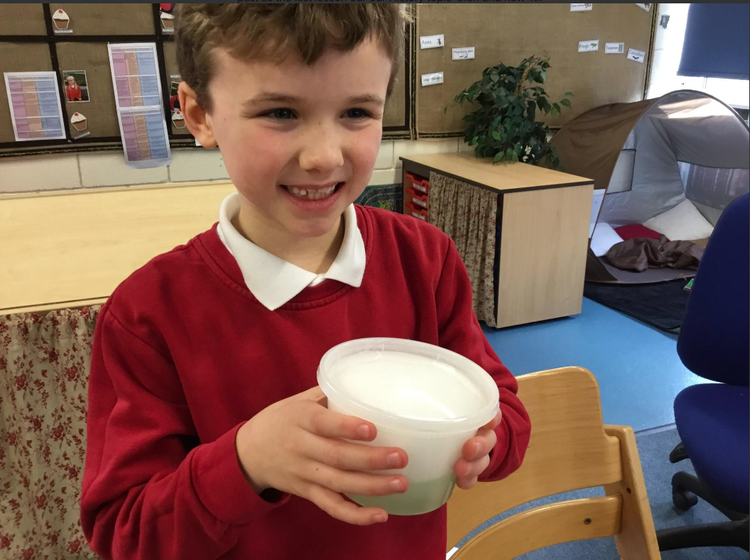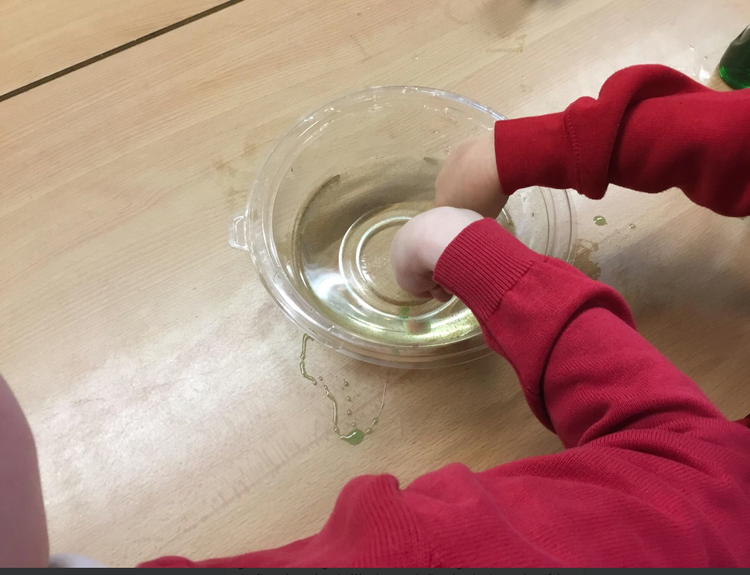
Science

Science at Bidston Village
-
Our Science subject leaders is Mrs Bradley. As a core subject, science is a thriving part of our school curriculum. I feel passionate that all children receive a high-quality science education, where curiosity and knowledge flourishes through working scientifically.'
-
At Bidston Village CE Primary we believe that the teaching and learning of Science should stimulate and excite children’s curiosity about the world they live in. We endeavor to provide all children with a purposeful, progressive, language rich science curriculum which is engaging for all, encouraging children to be inquisitive throughout their time at the school and beyond. We ensure that the Working Scientifically skills are built-on and developed throughout children’s time at the school so that they can apply their knowledge of science when using equipment, conducting experiments, building arguments and explaining concepts confidently. We aim to develop a curiosity and interest in the nature, process and methods of science and as a result create learners who are equipped with the skills and knowledge to help them understand how science can affect our lives today and in the future.
We follow the White Rose maths scheme, developing fluency and reasoning and problem solving. New mathematical concepts are introduced using a ‘Concrete, Pictorial and Abstract’ approach. This enables all children to experience hands-on learning when exploring mathematical topics. Additional retrieval is practised 2-3 times per week to ensure that mathematical knowledge and vocabulary is embedded and children can recall this information when needed.
We aim for pupils to:
become fluent in the fundamentals of mathematics so that they develop conceptual understanding and the ability to recall and apply knowledge rapidly and accurately.
be able to solve problems by applying their mathematics in a variety of real life scenarios.
reason mathematically by following a line of enquiry and develop and present a justification, argument or proof using mathematical language.
have an appreciation of number and number operations, which enables mental calculations and written procedures to be performed efficiently, fluently and accurately.
-
Starting in Reception, our children are given lots of opportunities to explore and investigate, through first hand exploration. We aim to develop lively, enquiring minds. Science is taught through the areas of learning in accordance with the EYFS document and the National Curriculum for KS1 and KS2.
We design our Science topics to help develop an understanding of the world that we live in and aims to stimulate a child’s curiosity to find out how and why things happen in the way they do. We encourage methods of enquiry and investigation to inspire creative thought. Children learn to ask scientific questions and are encouraged to engage in questioning and discussion about science-based issues which affect their lives, the society in which they live and the world as a whole.
Teachers create a positive attitude to science learning within their classrooms and reinforce an expectation that all children are capable of achieving high standards in science.
The objectives of teaching science at Bidston Village CE Primary are to enable children to:
ask and answer scientific questions
actively explore the environment
plan and carry out scientific investigations
evaluate evidence, and present their conclusions clearly and accurately
build upon the learning and skill development of the previous years
engage with problem-solving activities that allow children to find things out for themselves
Working Scientifically skills are embedded into lessons to ensure these skills are being developed throughout the children’s school career and new vocabulary and challenging concepts are introduced through direct teaching. This is developed through the years, in-keeping with the topics. We use precise questioning in class to test conceptual knowledge and skills, and assess children regularly to identify those children with gaps in learning. Teachers also find opportunities to develop children’s understanding of their surroundings by accessing outdoor learning.
-
The successful approach at Bidston Village CE Primary results in a fun, engaging, high-quality science education, that provides children with the foundations and knowledge for understanding the world. Our engagement with the local environment ensures that children learn through varied and first hand experiences of the world around them. Frequent, continuous and progressive learning outside the classroom is embedded throughout the science curriculum. Through various workshops, trips and interactions with experts, children have the understanding that science has changed our lives and that it is vital to the world’s future prosperity. Children learn the possibilities for careers in science. Children at Bidston Village CE Primary overwhelmingly enjoy science and this results in motivated learners with sound scientific understanding.







